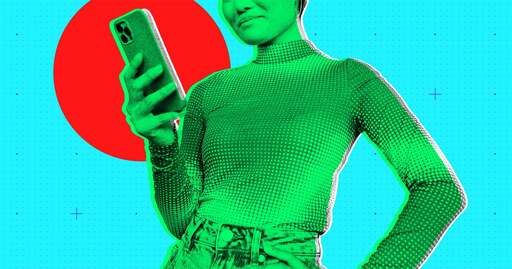A specialized iPhone app was used to block internet access, recording any time that the feature was disabled.
In numbers, nearly all the participants — 91 percent — improved on at least one of the three outcomes, while around three-quarters reported better mental health by the end.
The findings even suggest that the intervention had a stronger effect on depression symptoms than antidepressants, and was roughly on par with cognitive behavioral therapy.
What’s driving all this? Ward suggests that the simplest explanation is that the experiment forced participants to spend more time doing fulfilling things in the real world.



How did you even do that, assuming you didn’t prevent your usage of computers and smartphones altogether? Just sheer willpower?
Yeah, it was prevention - to my knowledge there wasn’t a comparable internet-blocking feature in Android at the time. I have a dumb phone from way back that I switched to, and I shut off my smartphone. For desktop, it was primarily site blocking extensions like Block Site, and willpower to develop a habit. I’d still use the internet for things like banking and - since I was re-studying CLRS - SO and reference collections, but I trained myself to a hard cutoff of not using it besides the purposes I switch it back on for. The rest is on paper: my books are physically with me or loaded on an e-reader.
I should clarify that I had taken last year off to recover from burnout, and I was freelancing. I think that helped a lot with being able to detach for that long.